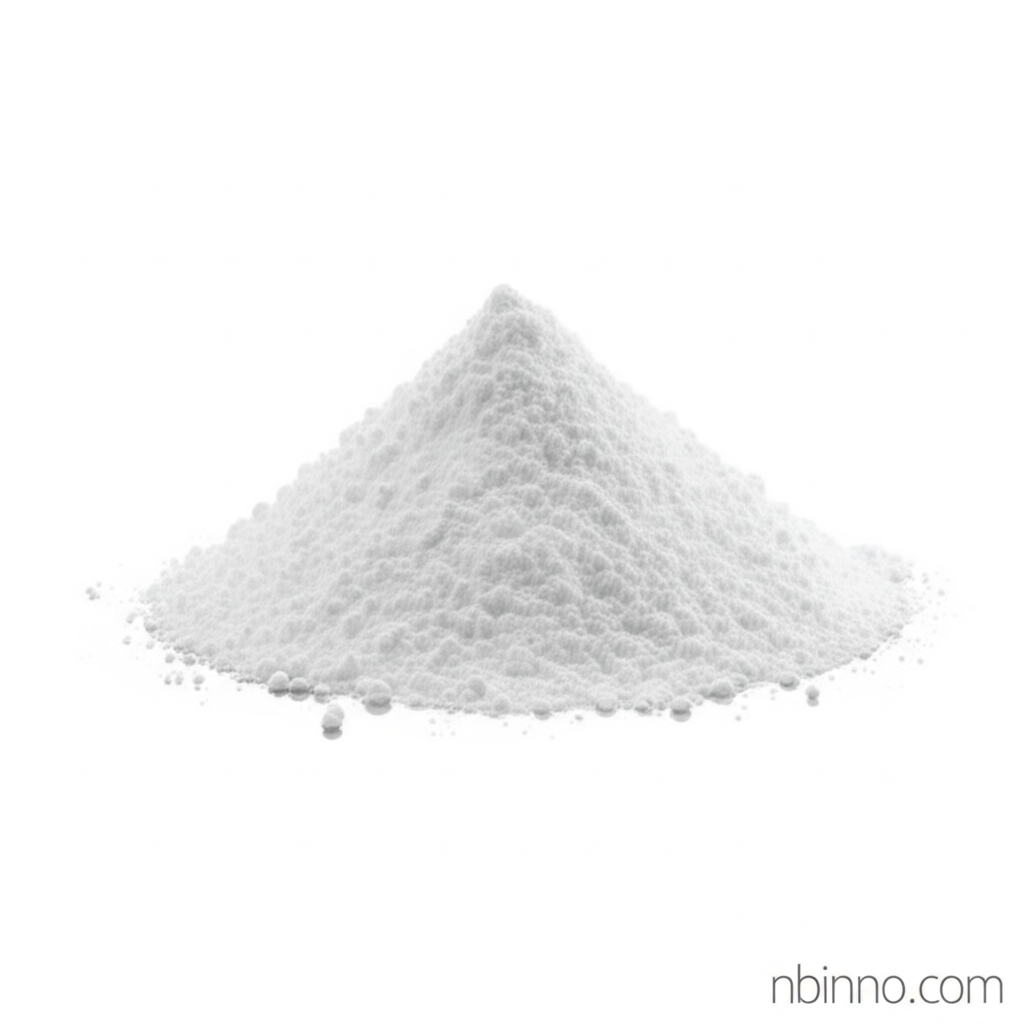Vitamin B1 Thiamine Hydrochloride: Essential Nutrient for Energy and Health
Discover the vital role of Vitamin B1 (Thiamine Hydrochloride) in energy production and overall well-being.
Get a Quote & SampleProduct Core Value

Vitamin B1 Thiamine Hydrochloride
Vitamin B1, or Thiamine Hydrochloride, is an essential water-soluble vitamin vital for converting food into energy. It plays a critical role in the proper functioning of the nervous system, heart, and brain. Understanding its health benefits and ensuring adequate intake is crucial for overall well-being and preventing deficiency-related disorders.
- Learn about the vitamin B1 health benefits, including its role in cellular function and energy conversion, crucial for daily vitality.
- Explore the sources of vitamin B1 to understand how to incorporate this essential nutrient into your diet, from whole grains to fortified foods.
- Understand the critical thiamine hydrochloride uses, from dietary supplements to pharmaceutical applications, supporting neurological and cardiovascular health.
- Discover the importance of maintaining adequate levels to prevent thiamine hydrochloride deficiency symptoms, such as fatigue and impaired nerve function.
Key Advantages Provided by Thiamine Hydrochloride
Energy Metabolism Support
Thiamine pyrophosphate (TPP), the active form of vitamin B1, acts as a coenzyme essential for carbohydrate metabolism, directly contributing to energy production in cells. This is a fundamental aspect of vitamin B1 health benefits.
Nervous System Function
Adequate thiamine intake is vital for maintaining a healthy nervous system, aiding in nerve signal transmission and preventing neurological disorders often linked to thiamine hydrochloride deficiency symptoms.
Cardiovascular Health
Thiamine plays a role in maintaining heart function by supporting nerve-muscle communication and energy supply to the heart muscle, underscoring its importance as an essential nutrient.
Key Applications
Dietary Supplements
As a popular nutritional supplement, Thiamine Hydrochloride is widely used to ensure adequate intake of Vitamin B1, helping to prevent deficiency and support overall health.
Food Fortification
Thiamine Hydrochloride is frequently added to processed foods like cereals and flour to enhance their nutritional value, ensuring a broader population has access to this vital essential nutrient.
Pharmaceutical Formulations
In the pharmaceutical industry, it is used in treatments for thiamine deficiency disorders like beriberi and Wernicke-Korsakoff syndrome, demonstrating key thiamine hydrochloride uses.
Research and Development
The compound serves as a vital tool in biochemical and nutritional research, aiding studies into energy metabolism, neurological functions, and the development of new therapeutic strategies.
